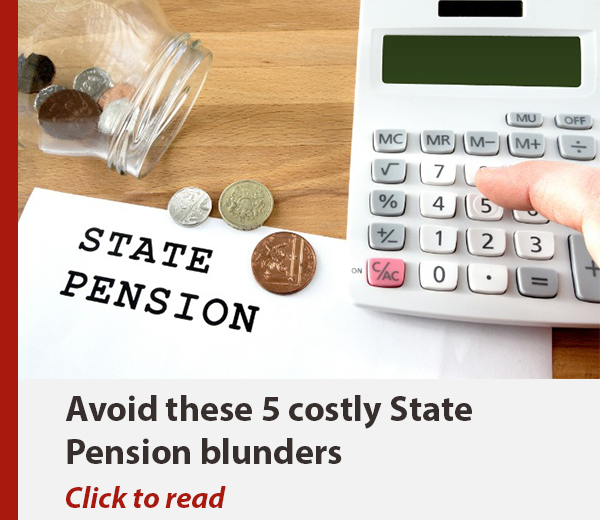Tax trick that allows older Brits to pay off their mortgage more efficiently

Mortgage overpayments can help you clear the mortgage early, and save money in the process. But putting your extra cash into your pension instead could work out even better for you. Here's how it works.
If you have a few quid left over each month, then you might be considering paying more than the minimum towards your mortgage.
Many of us are particularly keen to clear the mortgage as quickly as possible. The mortgage is the biggest debt most people will ever take on, and it sticks with us for an awful long time.
The idea of having it paid off before we near retirement, or even before we reach our 60s, is understandably appealing.
It’s not just a psychological thing either ‒ making efforts to pay your mortgage off early can save you some serious cash too.
Most mortgages allow you to make overpayments each year of up to 10% of the outstanding balance, and by paying off the mortgage more quickly you avoid having to pay so much interest on the debt.
As a result, you’re mortgage-free early and it has cost you less in the process too.
Even relatively small overpayments can make a significant difference.
However, there is an alternative option that might leave you even better off, besides making overpayments on the mortgage.
Getting more from your pension contributions
Instead of making overpayments, it may be worth instead hiking the level of your pension contributions.
There are some big benefits that come from this approach.
First and foremost, you get tax relief from the Government on your contributions, essentially free money which tops up how much is going into your pot.
This is particularly attractive if you are a Higher or Additional Rate taxpayer, since you’ll get a higher rate of tax relief, at 40% or 45% respectively.
This tax relief can translate into a substantial boost to the size of your pension pot, particularly if the funds are well invested.
Increasing your pension contributions in this way can also have the added benefit of lowering your tax bill.
Your Income Tax payment is calculated based on your salary after any contributions have been made, meaning that not only do you get extra cash from the Government into your pension pot, you also then reduce the amount of tax you’re handing over to HMRC.
This could even help you move into a lower Income Tax band, though this would have a knock-on effect on the amount of tax relief available on your pension contributions.
The idea is that once you then reach the age of 55, you’ll be able to access those pension funds thanks to the pension freedoms.
You can then withdraw a lump sum which can be used for clearing your outstanding mortgage and any other debts, while also leaving you with a more substantial pension pot for covering your retirement.
The lump sum downsides
There are some important downsides to this approach which are worth bearing in mind.
Paying off your mortgage in a single lump sum once you have access to that cash can mean you incur an additional fee, the early repayment charge, if you happen to be in the middle of a fixed-rate mortgage.
As this is calculated as a percentage of the outstanding sum, it can end up quite a significant amount of money, so it’s important to work out your timings ‒ you’ll want to line up your fixed-rate ending around the time you gain access to that pension fund.
There is also the small matter of tax.
Ever since the introduction of pension freedoms, HMRC has struggled when it comes to calculating tax for those dipping into their pension for the first time.
Effectively they view that first withdrawal ‒ which tends to be a larger single sum ‒ as if that’s what you will be taking out of your pension every month, which inevitably means that many people are treated as if they are Higher or Additional Rate taxpayers.
That results in the sum being overly taxed, as we have repeatedly highlighted on loveMONEY.
While you will get that money back, it can take some time, when you could be spending it yourself in a way that you see fit.
There is an impact on your mortgage options before you reach 55, too.
Making mortgage overpayments can help you move into a lower loan-to-value band, and therefore open up access to cheaper mortgage rates, but you might miss out on that by focusing on higher pension contributions instead.
Ultimately there is no ‘right’ approach here; while some will be better off making mortgage overpayments, others will benefit more from increased pension contributions.
But what is clear is that if you have the disposable income at hand, and already have a savings safety net in place, then making increased payments into either your mortgage or your pension pot can deliver a big improvement.
Comments
Be the first to comment
Do you want to comment on this article? You need to be signed in for this feature
